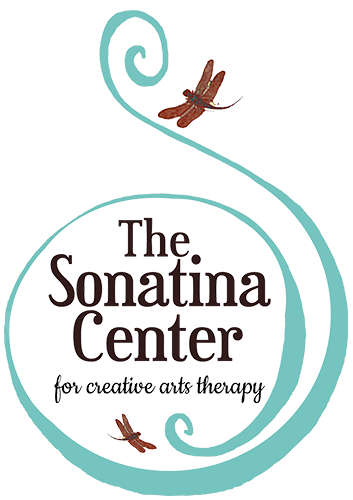Natalie sagartz, cmhc, R-DMT
(She/Her)
Ages I Work With: Teens (16+), Young Adults, and Adults
I’m Passionate About Helping:
Ambivalence and the people who feel it
Neurodivergent teens and adults
Individuals seeking mental health support
Mental Health Counselor Candidate for Licensure
Registered dance/movement therapist
i believe…
The simple (not to be confused with easy) art of listening is healing
It is a strength not a weakness to rely on other people
Understanding how our brains and bodies work is a powerful tool
Your suffering is real and feeling better is possible
IN MY SESSIONs I LIKE TO:
Craft a treatment plan based on your unique goals and strengths
Move (when you’re ready)
Dig into what’s really going on
Teach skills from Cognitive Behavioral Therapy and Interpersonal Neurobiology to anchor our work in research-backed science
-
My name is Natalie and I am a cisgender female living with my family in the Seacoast Region of New Hampshire. I am a therapist who loves to listen deeply. I am also a mom, a dancer, a gardener, a wife, a twin, a preschool teacher, and a yoga instructor. I began learning about movement as a healing tool during my undergraduate education at Emory University. In 2020, I graduated from Lesley University with my Master’s degree in Mental Health Counseling and Dance/Movement Therapy. Throughout the last 10 years, I have used movement therapeutically with populations across the lifespan including with children, neurodivergent adults, and older adults. My counseling experience is with adults facing depression, anxiety, trauma, grief, and life transitions.
-
R-DMT: Registered Dance/Movement Therapist,
CMHC: Candidate for Licensure in Mental Health Counseling
-
I believe therapy works best when it combines the concrete, logical aspects of Cognitive Behavioral Therapy and Neuroscience with the sensory, somatic aspects of the Creative Arts Therapies (hard science and the touchy/feely stuff). After listening to what brings you here and what you hope to get from therapy, I typically start by helping you understand how your brain and body work on a physiological level. Most likely what other people call your “problem” is really your mind and body coping in the best way they know how. Once we equip ourselves with more productive coping skills, we can go deeper on a body level to help you find answers to whatever is holding you back.


